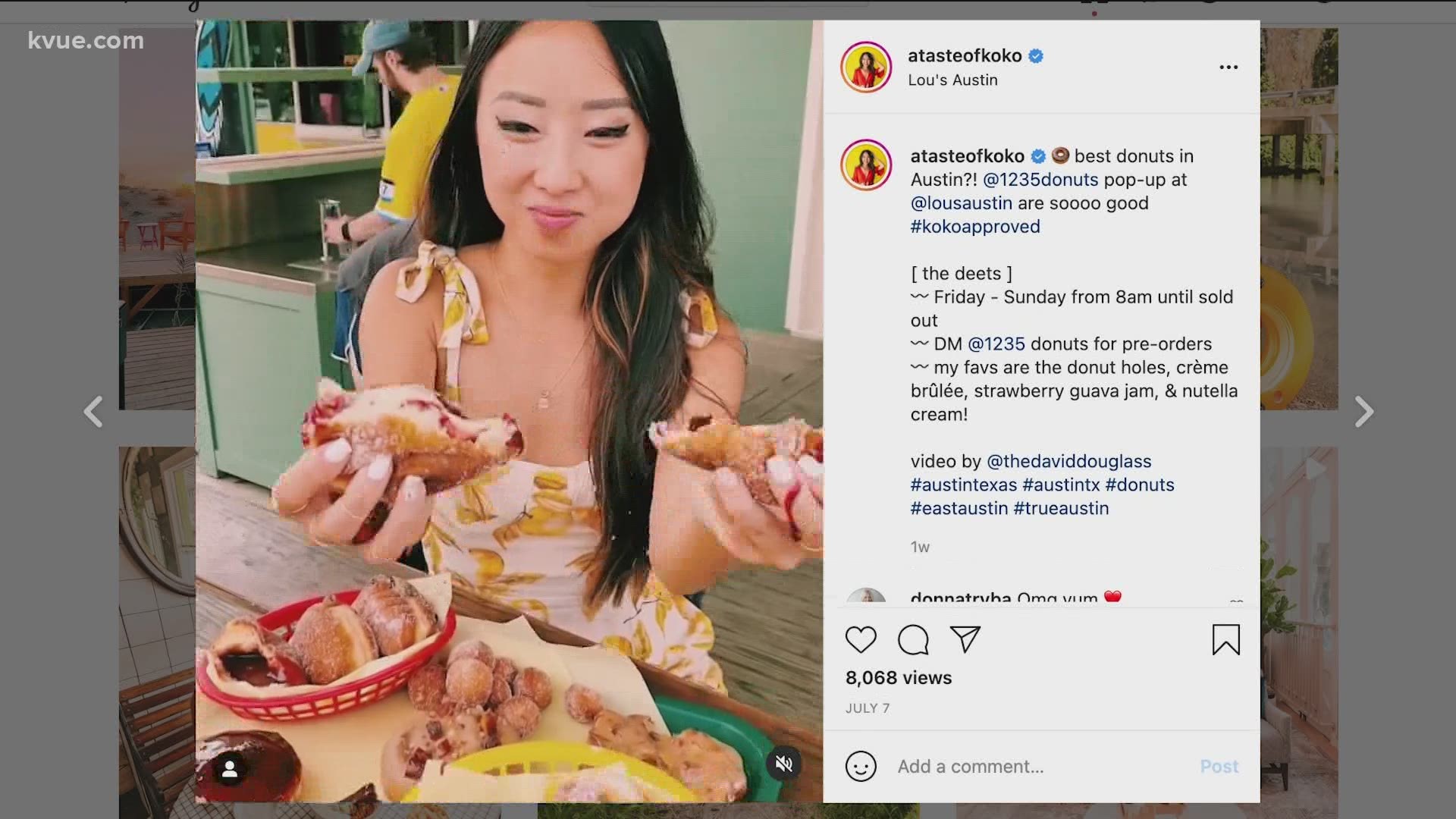AUSTIN, Texas — Editor's note: The video published above is a KVUE Defenders investigation about the State paying social media influencers. This story will be updated with video about the bill's signing after it airs.
Texas Gov. Greg Abbott on Thursday signed House Bill 20, the social media censorship bill, into law.
The bill aims to protect Texans from wrongful social media censorship. It was passed after the governor named social media censorship as one of the key topics for the second special session in August.
"We will always defend the freedom of speech in Texas, which is why I am proud to sign House Bill 20 into law to protect first amendment rights in the Lone Star State," said Gov. Abbott. "Social media websites have become our modern-day public square. They are a place for healthy public debate where information should be able to flow freely — but there is a dangerous movement by social media companies to silence conservative viewpoints and ideas. That is wrong, and we will not allow it in Texas. I thank Senator Bryan Hughes, Representative Briscoe Cain, and the Texas Legislature for ensuring that House Bill 20 reached my desk during the second special session."
Abbott's office said the law will prevent social media companies with more than 50 million monthly users from banning users simply based on their political viewpoints.
The governor was joined Thursday by Sen. Bryan Hughes and Rep. Briscoe Cain, the bill's authors, as well as Sens. Charles Perry, Dawn Buckingham and Angela Paxton.
The law also requires several consumer protection disclosures and processes related to content management on the social media sites to which the bill applies, according to Abbott's office. These sites must disclose their content management and moderation policies and implement a complaint and appeals process for content they remove, providing a reason for the removal and a review of their decision.
The sites also must review and remove illegal content within 48 hours. House Bill 20 also prohibits email service providers from impeding the transmission of email messages based on content, Abbott's office said.
PEOPLE ARE ALSO READING:

